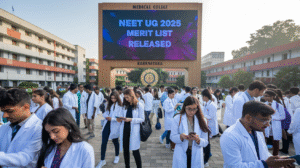Imagine pursuing your dream of becoming a doctor, only to find that the path is paved with ethical dilemmas and financial hurdles. 💸 That’s the reality many aspiring medical students face when confronted with the controversial world of MBBS donation seats. We’ve all heard whispers about these “management quotas,” but what’s the real story behind them?
In this eye-opening exposé, we’ll dive deep into the truth about MBBS donation seats. 🔍 We’ll explore why some argue they’re necessary for private medical colleges’ survival, while others claim they’re eroding the very foundation of meritocracy in medical education. From the staggering financial implications for students to the potential compromises in educational quality, we’ll leave no stone unturned. But don’t worry – we’re not just here to highlight problems. We’ll also examine the regulatory measures in place, discuss alternatives to donation seats, and even look at international MBBS options that might surprise you.
Join us as we unravel the complexities of this contentious issue, shedding light on the risks and considerations every aspiring medical student should know. Whether you’re a future doctor, a concerned parent, or simply curious about the state of medical education, this blog post will equip you with the knowledge to navigate the challenging landscape of MBBS admissions. Let’s pull back the curtain and discover what really goes on behind closed doors in the world of medical education. 🎓
Understanding MBBS Donation Seats

A. Definition and purpose of management quota
In the realm of MBBS admissions in India, the management quota refers to a system that allows private and deemed universities to fill 15% of their seats with students who may not meet the standard admission criteria. This quota serves several purposes:
- Providing additional opportunities for students who didn’t secure high NEET scores
- Generating revenue for private medical colleges
- Allowing institutions to have some control over their admission process
The management quota often involves higher fees compared to regular seats, which can be a significant financial consideration for aspiring medical students.
B. Role of donations in private medical college admissions
Donations play a controversial role in the management quota system. While not officially acknowledged, they often influence the admission process in private medical colleges. Here’s how donations typically factor into the equation:
- Financial contributions: Some institutions may prioritize students whose families can make substantial donations.
- Indirect influence: Donations might not guarantee admission but can increase a candidate’s chances.
- Lack of transparency: The exact role of donations is often unclear, leading to ethical concerns.
| Aspect | Regular Admission | Management Quota |
|---|---|---|
| Selection Criteria | Primarily NEET scores | Various factors, including potential donations |
| Fees | Standard fees | Significantly higher fees |
| Transparency | Clear cut-off marks | Often less transparent |
C. Debate over ethical implications and fairness
The management quota system and the role of donations in MBBS admissions have sparked intense debate regarding ethical implications and fairness. We’ve identified several key concerns:
- Deviation from meritocracy: Admission based on financial means or connections rather than academic performance
- Inequality: Favoring students from privileged backgrounds who can afford higher fees
- Discrimination: Disadvantaging students from less privileged backgrounds
- Compromised educational quality: Focus on profit potentially leading to inadequate resources and faculty
- Ethical dilemmas in clinical practice: Students admitted through this quota may face challenges due to potential gaps in foundational medical knowledge
To address these ethical concerns, several measures have been suggested:
- Enhancing transparency in the admissions process
- Strengthening merit-based admissions by increasing government seat availability
- Improving educational infrastructure and faculty in private institutions
- Providing ethical training to equip students with skills to navigate moral challenges
As we delve deeper into this complex issue, it’s crucial to consider both sides of the debate. With this in mind, next, we’ll explore the “Arguments in Favor of Donation Seats” to provide a balanced perspective on this controversial aspect of medical education in India.
Arguments in Favor of Donation Seats
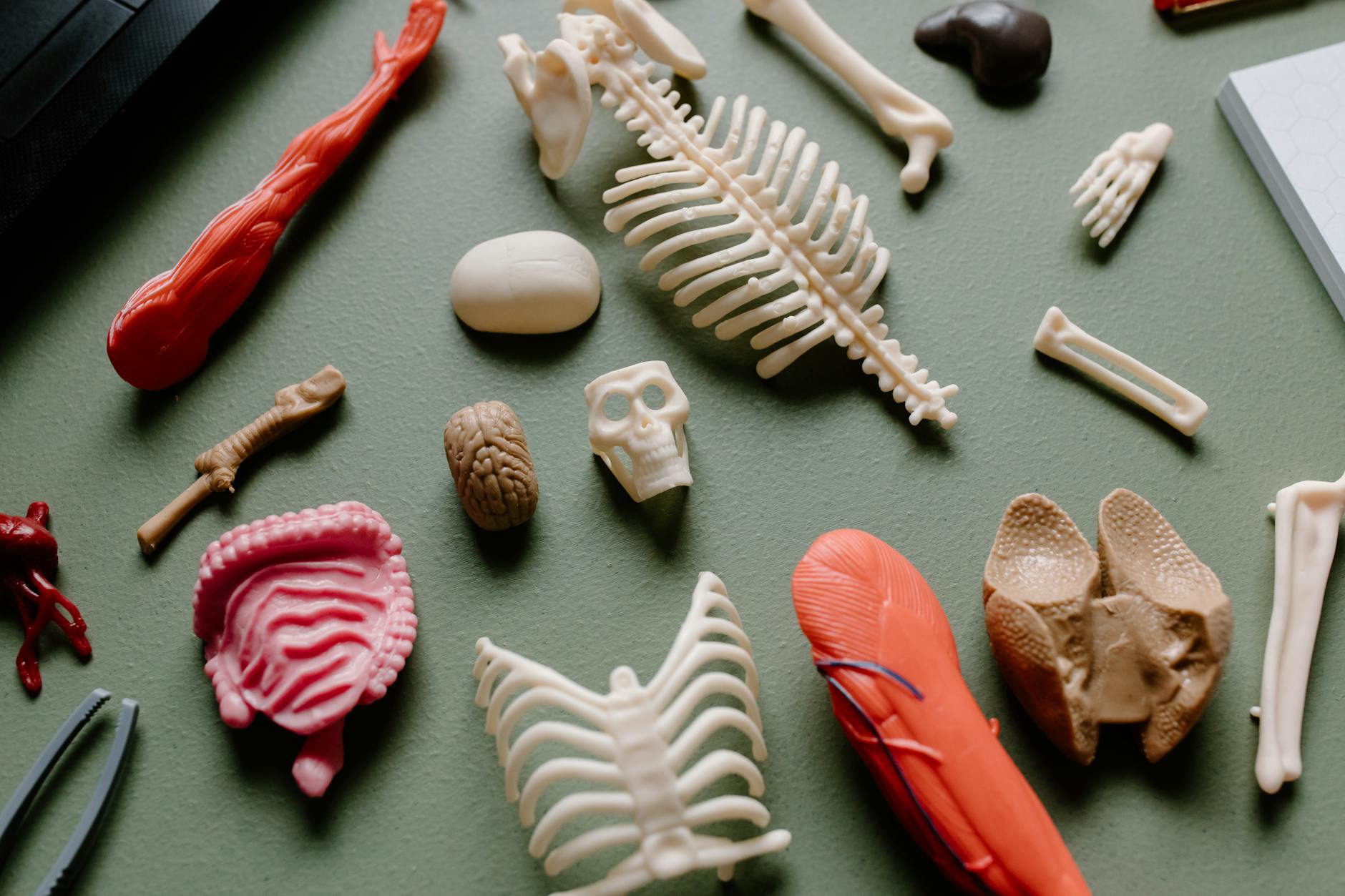
Now that we’ve covered the basics of MBBS donation seats, let’s explore the arguments in favor of this controversial practice. While opinions on this topic are divided, proponents believe that donation seats serve several important purposes within the medical education system.
A. Financial sustainability for private colleges
We cannot overlook the significant role that donation seats play in the financial viability of private medical colleges. These institutions often rely heavily on the income generated from donation fees to maintain their operations. Here’s why this financial support is crucial:
- Infrastructure maintenance: Private colleges need substantial funds to keep their facilities up-to-date and well-maintained.
- Faculty salaries: Attracting and retaining qualified teaching staff requires competitive compensation.
- Research funding: Medical advancements often stem from well-funded research programs within these institutions.
| Expense Category | Percentage of Budget |
|---|---|
| Infrastructure | 40% |
| Faculty Salaries | 35% |
| Research Funding | 15% |
| Other Expenses | 10% |
Without the income from donation seats, many private colleges might struggle to meet these financial demands, potentially compromising the quality of education they provide.
B. Improved infrastructure and resources
We’ve observed that the additional funds from donation seats often translate into tangible improvements in college facilities and resources. This enhanced infrastructure can benefit all students, not just those who secure admission through donation seats. Some key areas of improvement include:
- State-of-the-art laboratories
- Modern medical equipment
- Well-stocked libraries with up-to-date medical literature
- Advanced simulation centers for practical training
These improvements contribute to a more comprehensive and hands-on learning experience for aspiring doctors, potentially raising the overall standard of medical education.
C. Increased access to medical education
While it may seem counterintuitive, proponents argue that donation seats actually increase access to medical education for some students. Here’s how:
- Additional seats: Donation seats often represent additional spots that wouldn’t otherwise exist, expanding the total number of available medical school positions.
- Alternative pathway: For students who may not meet the extremely high merit-based cutoffs but have the aptitude for medicine, donation seats provide an alternative route to pursue their dreams.
- Support for economically disadvantaged students: Some institutions use a portion of the funds from donation seats to offer scholarships or financial aid to deserving students from low-income backgrounds.
We must acknowledge that this increased access comes at a cost, both financial and ethical. However, supporters maintain that it’s a net positive in terms of producing more medical professionals to meet the growing healthcare needs of the population.
With these arguments in mind, we’ll next explore the criticisms and risks associated with MBBS donation seats. It’s important to consider both sides of this complex issue to form a balanced understanding of its impact on medical education and healthcare in India.
Criticisms and Risks of Donation Seats

Now that we’ve explored the arguments in favor of donation seats, let’s delve into the criticisms and risks associated with this practice in MBBS admissions.
A. Undermining meritocracy in admissions
We believe that one of the most significant criticisms of MBBS donation seats is their potential to undermine the meritocratic nature of medical school admissions. Despite the introduction of the NEET examination to streamline the process, the culture of paying for seats persists. This practice makes it increasingly difficult for deserving students to secure placements based on their academic merit alone.
We’ve observed that the donation seat system often favors those with financial means over those with the highest academic qualifications. This shift away from merit-based admissions can have far-reaching consequences for the quality of medical professionals produced and the overall healthcare system.
B. Favoring wealthy students over deserving candidates
The donation seat system inherently creates an uneven playing field, giving an unfair advantage to students from affluent backgrounds. We’ve noticed that this practice exacerbates the existing seat shortages for qualified candidates who may not have the financial resources to compete in this monetary-based admission process.
Here’s a comparison of the implications for wealthy vs. deserving candidates:
| Aspect | Wealthy Students | Deserving Candidates |
|---|---|---|
| Access to Seats | Higher chance due to financial capability | Limited opportunity despite academic merit |
| Financial Burden | Can afford high donation fees | May struggle with regular tuition fees |
| Long-term Impact | Potential lack of passion or aptitude | Missed opportunities for skilled professionals |
C. Potential for corruption and nepotism
We’ve identified that the donation seat system opens the door to various forms of corruption and nepotism within medical education. This can manifest in several ways:
- Lack of transparency in the admission process
- Favoritism towards relatives or acquaintances of college management
- Potential misuse of funds collected through donations
- Compromised educational standards to accommodate paying students
We believe these practices not only tarnish the reputation of medical institutions but also erode public trust in the healthcare system.
Moreover, we’ve found that many private medical colleges accepting donations may have inadequate infrastructure and inexperienced faculty, particularly those located in rural areas. This situation often leads to:
- Subpar educational experiences
- Poor patient inflow for clinical training
- Logistical challenges for students
We’ve observed that the total cost of obtaining a medical degree through donation seats is significantly higher than through merit-based admissions. This financial burden can have long-lasting implications for students and their families.
In contrast, we’ve discovered that studying MBBS abroad, in countries like Russia, Moldova, and Ukraine, offers several advantages:
- Recognized medical degrees without entrance exams or donation fees
- Quality training with advanced educational standards
- Multicultural exposure enhancing students’ perspectives
- Better job opportunities upon returning to India
As we move forward to discuss regulatory measures and challenges in the next section, it’s crucial to keep these criticisms and risks in mind. The issues surrounding MBBS donation seats are complex and multifaceted, requiring careful consideration of both the immediate and long-term consequences for medical education and healthcare in India.
Regulatory Measures and Challenges

Financial Implications for Students

Now that we’ve explored the regulatory measures and challenges surrounding MBBS donation seats, let’s delve into the financial implications for students pursuing this path. The financial aspect is a crucial consideration that can significantly impact a student’s career trajectory and long-term financial stability.
A. Higher costs compared to government colleges
When it comes to MBBS education in India, the financial disparity between government and private colleges is stark. We’ve observed that government colleges offer more affordable options, with tuition fees ranging from Rs. 50,000 to Rs. 10 lakhs. In contrast, private medical colleges that offer donation seats can charge exorbitant amounts, often exceeding Rs. 1 crore.
To illustrate this difference, let’s compare the fee structures:
| College Type | Tuition Fee Range | Donation Fee Range |
|---|---|---|
| Government | Rs. 50,000 – 10 lakhs | Not applicable |
| Private (Donation Seats) | Variable | Rs. 1 crore+ |
| Management Quota | Variable | Rs. 20 lakhs – 1 crore+ |
These figures highlight the substantial financial burden that students opting for donation seats must bear. It’s important to note that these costs are in addition to regular tuition fees, making the overall expense significantly higher than what students in government colleges face.
B. Long-term impact on career and finances
We must consider the long-term implications of choosing an MBBS donation seat. The high initial investment can lead to:
- Substantial student loan debt
- Delayed financial independence
- Pressure to pursue high-paying specializations
- Limited ability to take career risks or pursue less lucrative but personally fulfilling medical paths
Moreover, the financial strain can extend well into a doctor’s early career years, potentially affecting important life decisions such as further specialization, starting a family, or establishing a private practice.
C. Potential for subpar educational experiences
While higher fees might suggest better educational resources, this isn’t always the case with donation seats. We’ve found that some private colleges prioritize profit over educational quality. This can result in:
- Inadequate clinical exposure
- Outdated infrastructure and equipment
- Insufficient faculty-to-student ratios
- Limited research opportunities
These factors can significantly impact the quality of education received, potentially putting students at a disadvantage when entering the job market or pursuing further studies.
We’ve also noticed that the financial pressure of donation seats disproportionately affects students from low-income families. This creates an uneven playing field where financial capability often takes precedence over merit, contradicting the fundamental principles of equal educational opportunities.
To mitigate these challenges, we encourage students to thoroughly research their options and consider alternatives such as:
- Exploring scholarship opportunities
- Investigating education loan options with favorable terms
- Considering work-study programs to offset costs
- Evaluating the return on investment of different medical programs
As we move forward to discuss alternatives to donation seats, it’s crucial to keep these financial implications in mind. The decision to pursue an MBBS through donation seats should be made with a clear understanding of both the immediate costs and the long-term financial impact on one’s career and personal life.
Alternatives to Donation Seats
Now that we’ve explored the financial implications of donation seats, let’s turn our attention to alternative pathways for aspiring medical students. We understand that the high costs associated with donation seats can be prohibitive for many, so it’s crucial to consider other options that may be more accessible and financially viable.
Enhancing government college capacities
One of the most promising alternatives to donation seats is the expansion of government college capacities. By increasing the number of seats available in public medical institutions, we can provide more opportunities for students to pursue their MBBS dreams without resorting to costly donation seats. This approach not only addresses the issue of limited seats but also ensures that quality education remains accessible to a broader range of students.
Increasing scholarships for disadvantaged students
Another vital alternative is the provision of more scholarships for disadvantaged students. This approach can help bridge the gap between those who can afford donation seats and those who cannot. By offering financial support to deserving candidates, we can ensure that talent and merit, rather than financial capacity, determine a student’s ability to pursue an MBBS degree.
Pursuing MBBS abroad: benefits and considerations
For those considering alternatives beyond India, pursuing an MBBS abroad can be a viable option. This path offers several benefits and considerations that students should carefully weigh:
Benefits of studying MBBS abroad:
- Exposure to diverse healthcare systems
- Potential for lower overall costs compared to donation seats
- Opportunity to learn a new language and culture
Considerations for international MBBS:
- Recognition of the degree in India
- Adaptation to a different educational system
- Potential language barriers
However, it’s important to note that studying abroad isn’t the only alternative. There are several other paths within India that aspiring medical professionals can consider:
| Alternative Course | Duration | Key Features | Top Colleges |
|---|---|---|---|
| Pharmacy | 4 years | Focus on drug discovery and manufacturing | Panjab University, Jamia Hamdard University |
| Hospital and Healthcare Management | 3 years | Covers healthcare administration | EIILM Kolkata, IMED Pune |
| Alternative Medicine (BAMS, BHMS, BUMS, BNYS) | 4.5-5.5 years | Various systems of alternative medicine | Excel Group of Institutions, Santhigiri Ayurveda & Siddha Vaidyasala |
| Paramedical Courses | 3-4 years | Includes BSc Nursing, BPT | AIIMS Delhi, CMC Vellore |
| Veterinary and Animal Science | 5.5 years | Focus on animal diagnosis and treatment | Aligarh Muslim University, GBPUAT Pantnagar |
| Biotechnology | 3 years | Application of technology in life sciences | Loyola College, MIT-WPU |
| Forensic Science | 3 years | Scientific crime investigation studies | BK Birla College, Kristu Jayanti College |
These alternatives offer diverse career opportunities in the healthcare sector, catering to various interests and aptitudes. Many of these courses have more affordable fee structures compared to donation seats, with some government institutions offering highly subsidized education.
It’s worth noting that some of these alternatives, such as pharmacy and forensic science, can lead to lucrative careers without requiring NEET qualification. This opens up additional pathways for students who may not have performed well in the NEET examination but still wish to contribute to the healthcare field.
As we move forward to discuss the quality of education concerns in the next section, it’s crucial to remember that while exploring these alternatives, the focus should always remain on receiving a high-quality education that prepares students for successful careers in their chosen fields.
Quality of Education Concerns
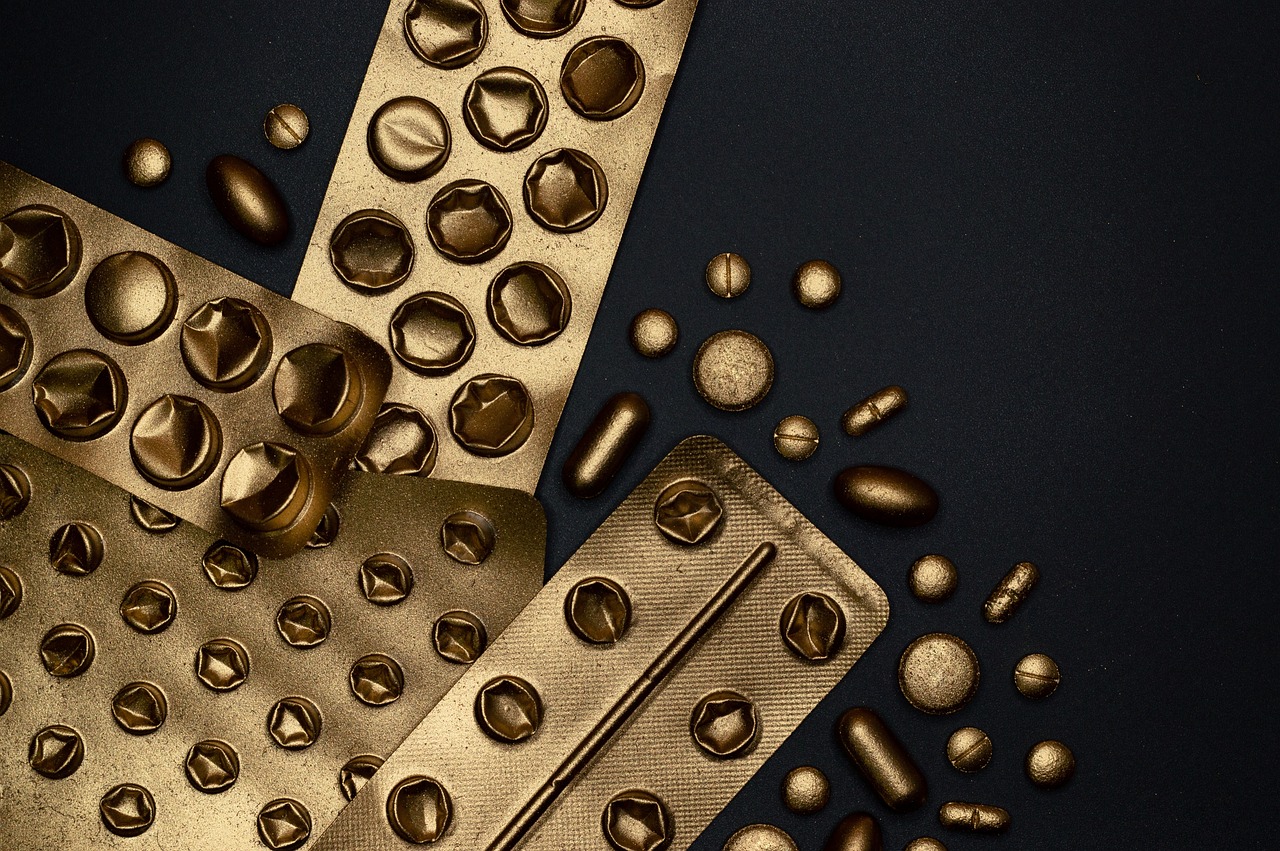
Now that we’ve explored alternatives to donation seats, let’s delve into the critical aspect of quality education concerns in MBBS programs. This is an essential consideration for aspiring medical students, as it directly impacts their future career prospects.
A. Infrastructure disparities between private and government institutions
When it comes to infrastructure, we observe significant differences between private and government medical colleges in Karnataka. Private institutions often boast modern facilities that enhance the learning experience:
- Advanced laboratories
- Well-stocked libraries
- Partnerships with hospitals for practical training
These amenities provide students with valuable real-world experience, which is crucial for their medical education. For instance, Kasturba Medical College in Manipal is known for its extensive hospital facilities, offering students hands-on learning opportunities.
On the other hand, while government institutions may have more limited resources, they often compensate with a rich history and established reputation in medical education.
B. Faculty experience and availability
The quality of faculty plays a pivotal role in shaping future doctors. We’ve noticed that private colleges in Karnataka are making strides in this area:
| College | Faculty Highlight |
|---|---|
| St. John’s Medical College | Emphasis on rural healthcare and AI in education |
| MS Ramaiah Medical College | Collaboration with Harvard for research |
| JSS Medical College | Known for experienced faculty |
These collaborations and specializations contribute to a diverse and enriching learning environment. However, it’s important to note that the availability of experienced faculty can vary across institutions, both private and government.
C. Impact on future job prospects
We cannot overstate the significance of choosing the right institution for your MBBS degree, as it directly influences your future career opportunities. Our research indicates that graduates from recognized private medical colleges in Karnataka often secure employment in leading hospitals, including opportunities abroad.
Key factors affecting job prospects include:
- College accreditation by the National Medical Commission (NMC)
- Reputation of the institution
- Quality of clinical exposure during the course
- Networking opportunities provided by the college
For instance, Kasturba Medical College in Manipal offers global exchange programs, which can significantly enhance a graduate’s international career prospects.
We advise prospective students to consider the following when evaluating the impact on their future:
- Ensure NMC approval of the chosen college
- Research the college’s track record in placements
- Look for institutions with strong industry connections
As we conclude our discussion on quality education concerns, it’s clear that careful consideration of these factors is crucial for aspiring medical professionals. With this in mind, next, we’ll explore international MBBS options, which present another avenue for those seeking quality medical education beyond the borders of India.
International MBBS Options
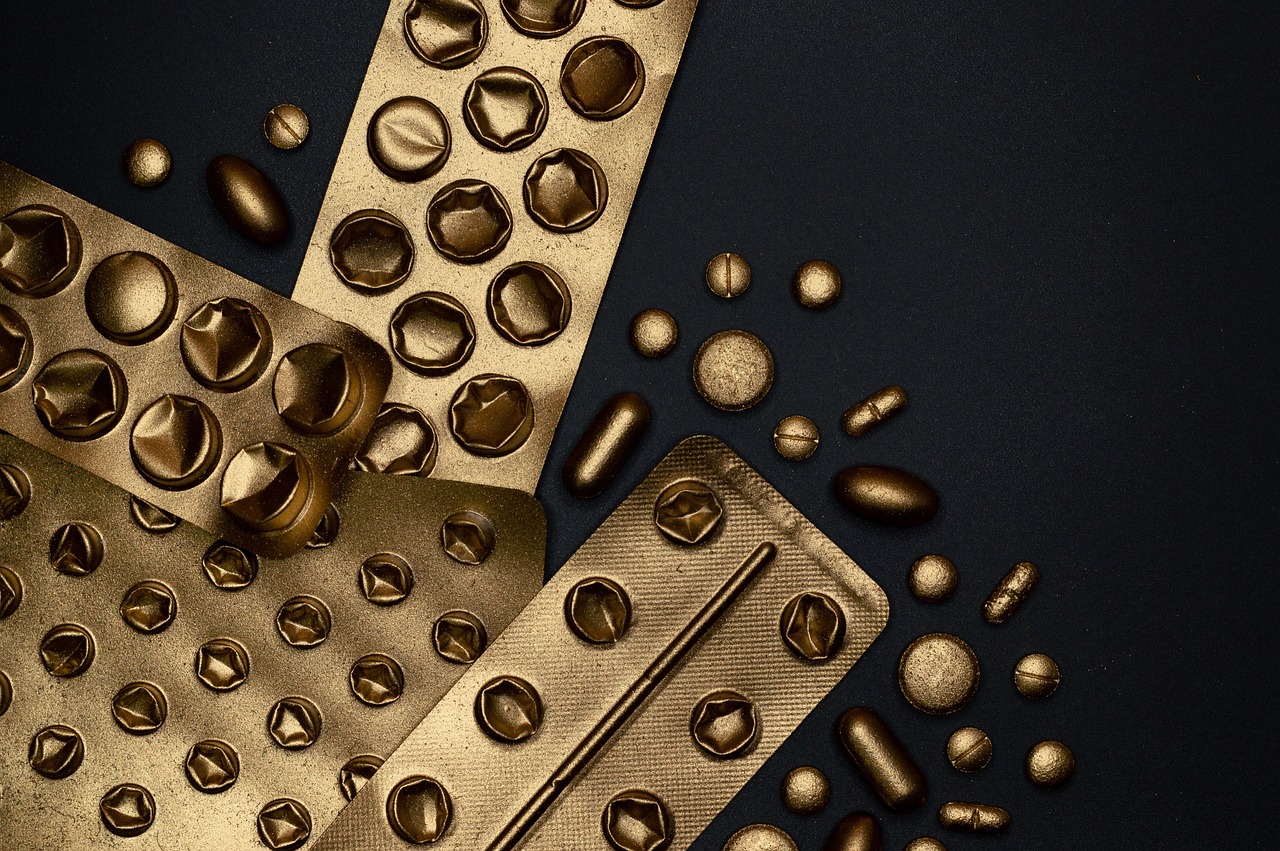
Now that we’ve explored the quality of education concerns associated with MBBS donation seats, let’s turn our attention to international MBBS options that offer a promising alternative for aspiring medical students.
A. Countries offering recognized degrees without donations
We understand that many students are seeking quality medical education without the burden of hefty donation fees. Fortunately, several countries offer recognized MBBS degrees without requiring such contributions. Here’s a comparison of some popular destinations:
| Country | Tuition Fee Range (Annual) | Course Duration | Language of Instruction |
|---|---|---|---|
| Russia | ₹2.5 – 4 lakhs | 6 years | English |
| Ukraine | ₹3 – 5 lakhs | 6 years | English |
| Georgia | ₹3 – 4.5 lakhs | 6 years | English |
| Kyrgyzstan | ₹2 – 3.5 lakhs | 5 years | English |
| Bangladesh | ₹2.5 – 4 lakhs | 5 years | English |
These countries not only offer affordable tuition but are also approved by the National Medical Commission (NMC), allowing students to take the Foreign Medical Graduate Examination (FMGE) upon their return to India.
B. Advantages of multicultural exposure
We believe that studying MBBS abroad offers unique advantages in terms of multicultural exposure:
- Global perspective: Students gain insights into diverse healthcare systems and medical practices.
- Language skills: Immersion in a foreign country often leads to proficiency in a new language.
- Cultural competence: Interacting with patients and colleagues from various backgrounds enhances cultural sensitivity.
- Networking: Building international connections can be valuable for future career opportunities.
C. Potential for better job opportunities upon return
We’ve found that pursuing an MBBS abroad can potentially lead to enhanced job prospects:
- Global recognition: Many foreign universities are internationally accredited, making their degrees widely accepted.
- Competitive edge: The unique experiences gained abroad can set candidates apart in the job market.
- Specialization options: Some countries offer advanced specialization opportunities not readily available in India.
- Research exposure: Many international programs emphasize research, which can be beneficial for academic careers.
It’s important to note that while studying MBBS abroad offers numerous advantages, students must still clear the NEET exam to practice medicine in India. The eligibility criteria for Indian students to study MBBS abroad typically include:
- Completion of 12th standard with Physics, Chemistry, and Biology
- Minimum age of 17 years
- Valid passport
- Medical fitness certificate
- Proof of financial capability for tuition and living expenses
We’ve observed that the application process generally involves:
- Shortlisting NMC-approved universities
- Applying online or through authorized partners
- Submitting required documentation
- Securing an offer letter
- Paying initial fees
- Applying for a student visa
Most universities have intakes in September-October or February-March, allowing flexibility in planning your medical education journey.
In conclusion, we believe that international MBBS options present a viable alternative to donation seats, offering quality education, multicultural exposure, and potential career advantages. However, it’s crucial to carefully consider all aspects and seek guidance from educational consultants to make an informed decision about your medical education future.
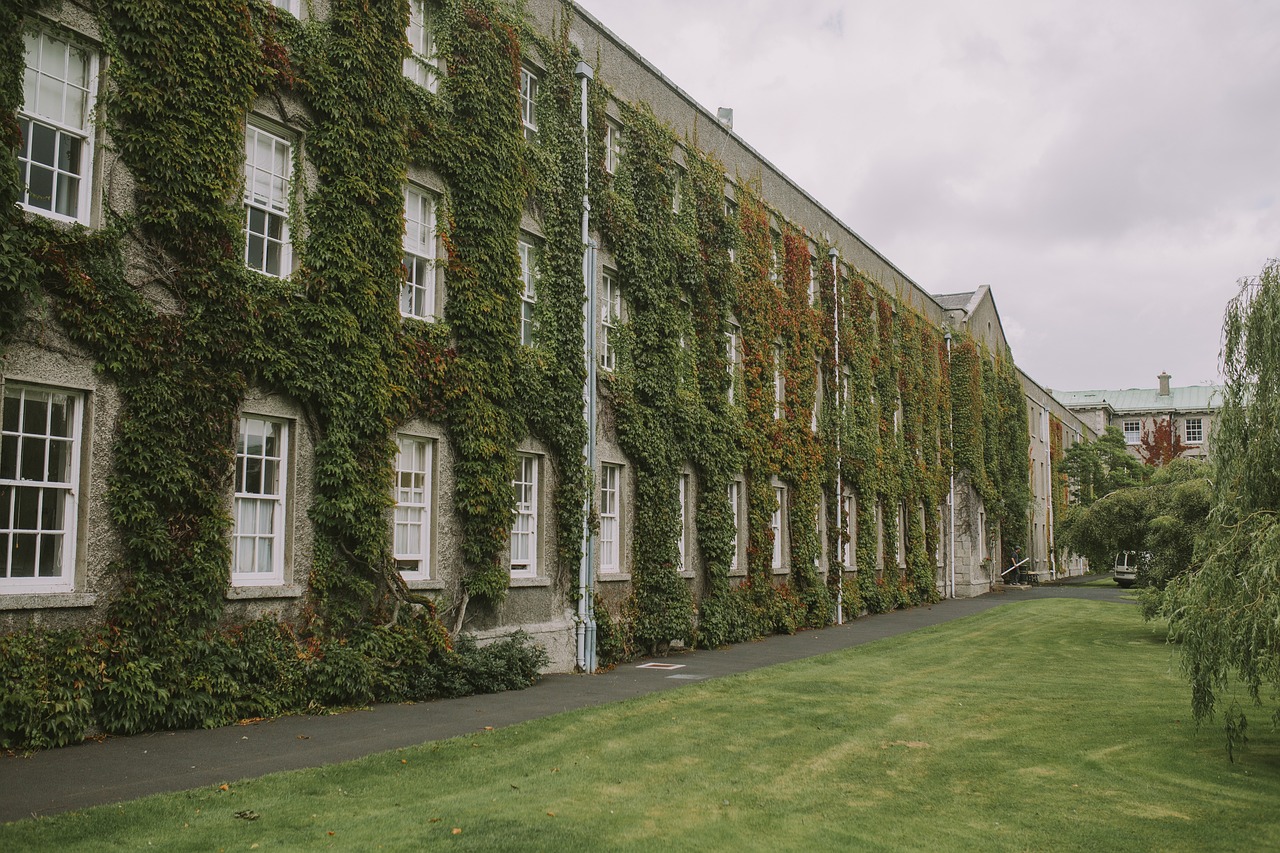
The debate surrounding MBBS donation seats in India remains complex and contentious. While these seats offer opportunities for some students and financial support for private institutions, they also raise serious concerns about equity, merit, and the quality of medical education. We’ve explored the arguments for and against this practice, as well as the regulatory challenges and financial implications for aspiring doctors.
As we consider the future of medical education in India, it’s clear that alternatives to donation seats must be pursued. Expanding government college capacities, increasing scholarships, and establishing transparent admission processes are crucial steps toward a more equitable system. We also encourage students to explore international MBBS options, which can offer quality education without the burden of excessive fees or donations. Ultimately, our goal should be to foster a medical education system that prioritizes merit, accessibility, and excellence in training the next generation of healthcare professionals.
💬 Instant WhatsApp Support
Get real-time assistance for urgent queries about applications & deadlines
Average response time: 15 minutes
📞 One-on-One Consultation
Speak directly with our senior admission counselors for comprehensive guidance
Available Mon-Sat: 9 AM - 7 PM IST
Sunday: 10 AM - 4 PM IST
📩 Detailed Inquiry Form
Share your details and our experts will craft a personalized admission strategy

